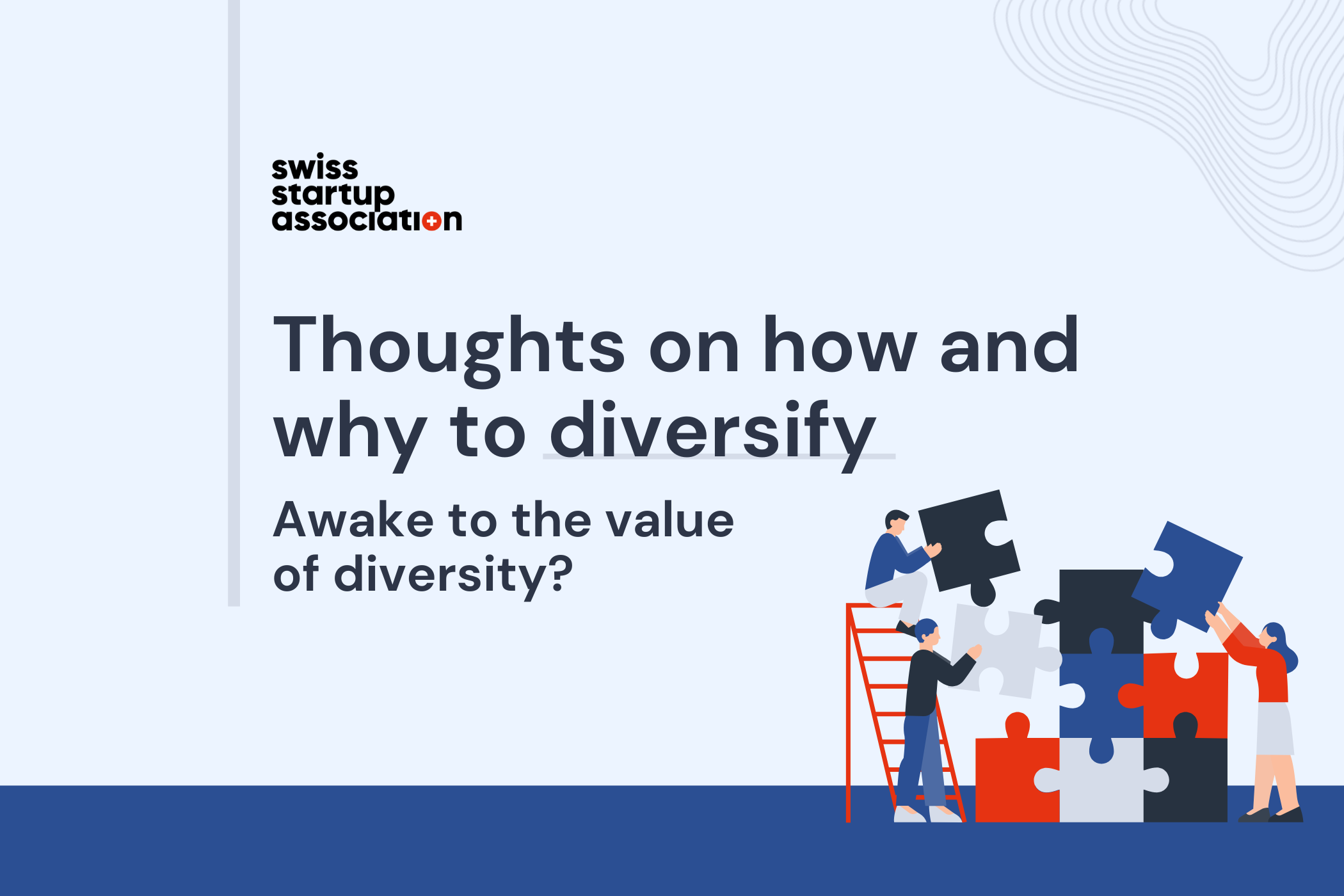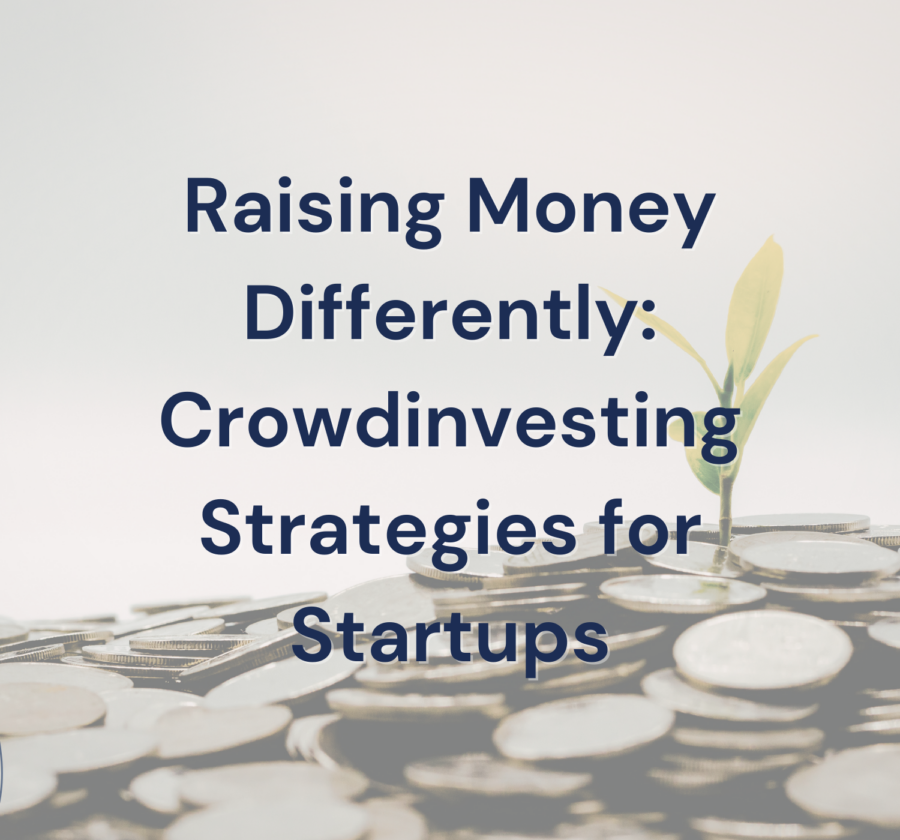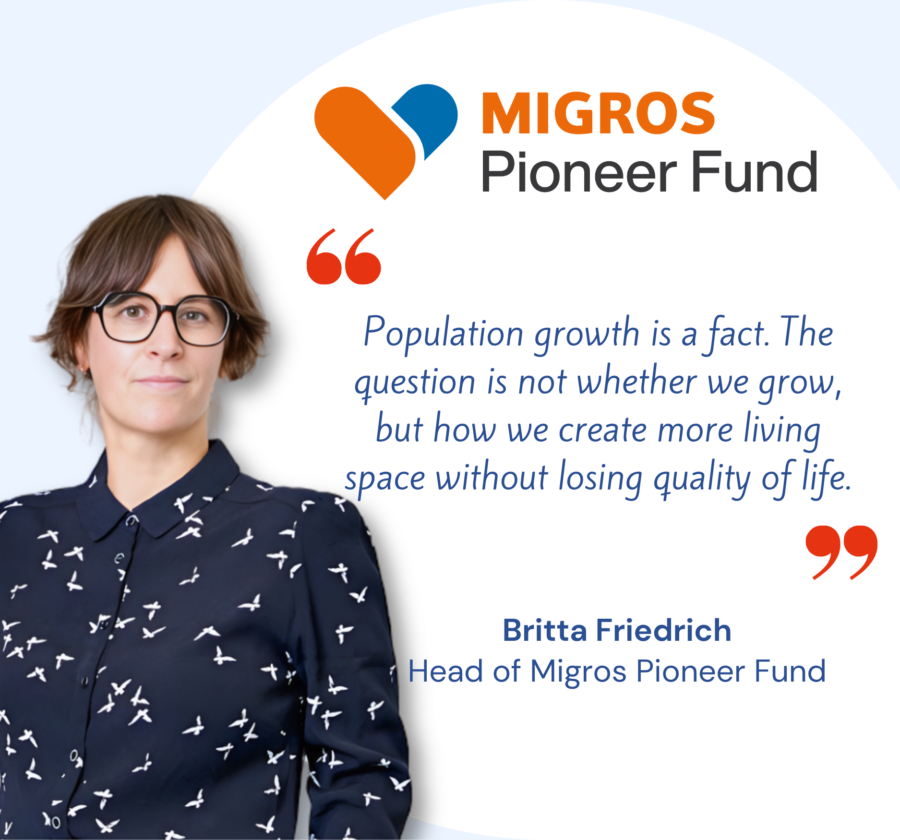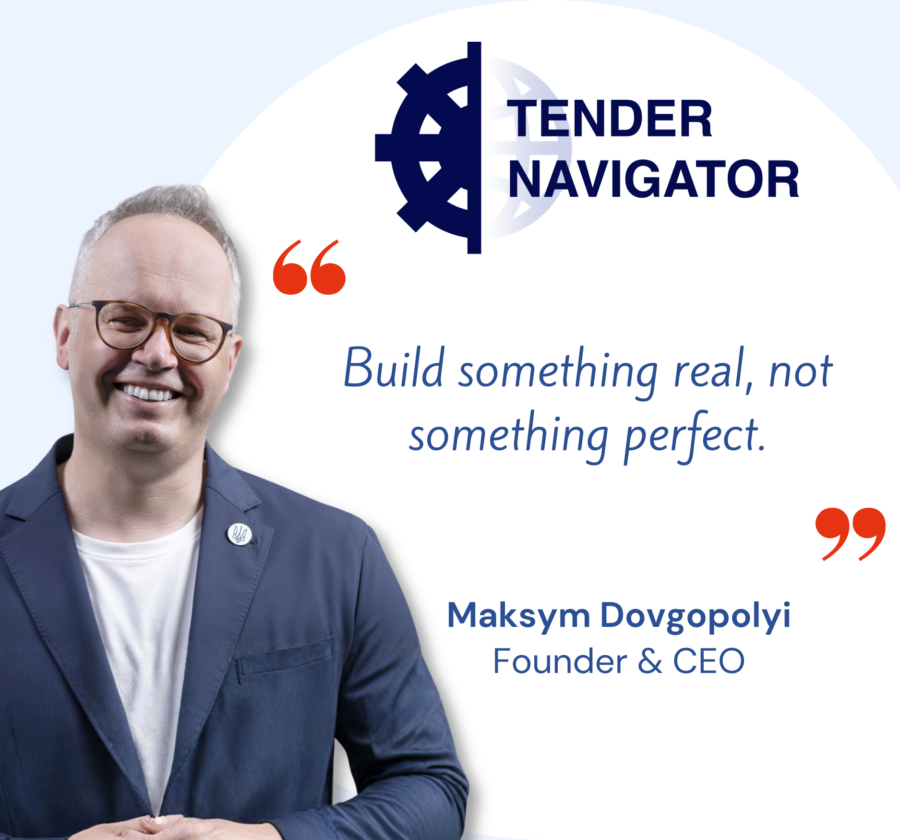
Thoughts on how to diversify: Awake to the value of diversity?
Awake or ‘woke’?
‘Woke’ gets a bad press. The term originated in African American Vernacular English to describe a state of awareness or consciousness of social and political issues, particularly related to systemic injustice and inequality.
Being ‘woke’ in recognizing societal issues such as racism, sexism, homophobia and other forms of discrimination seems like a good thing, right? However being ‘woke’ has become politicised, e.g. “We can never, ever surrender to woke ideology.”, “tofu-eating wokerati”!!. ‘Woke’ is used as an insult against those perceived as too politically correct or socially aware.
I didn’t mention the ‘woke’ word to go down that rabbit-hole; rather to highlight the political sensitivities surrounding the whole diversity topic. Top tip: do not use the word ‘woke’.
Let’s fearlessly proceed with the basic assumption that discrimination is unfair and undesirable. So being awake/aware/alert to discrimination and unconscious bias is desirable; supporting diversity and promoting representation of marginalized groups in society – including workplaces – is a positive step in reducing discrimination.
The challenge is identifying the right actions and measures. Actions to reduce discrimination against one group can be criticized for reverse discrimination, undermining meritocracy, lowering standards and tokenism.
Let’s look at some definitions, the business value of diversity, issues and some recommendations to consider in your business.
DEI Definitions
DEI is an acronym for Diversity, Equity and Inclusion; also termed EDI = Equality, Diversity and Inclusion or even JEDI = Justice, Equity, Diversity and Inclusion.
Corporations and the public sector have long recognized the need to promote diversity in the workforce, implementing DEI initiatives to “promote the fair treatment and full participation of all people”. CDOs (= Chief Diversity Officers) have been employed in more than half of Fortune 500 companies; diversity training provided as mandatory, and recruitment practices reassessed.
Let’s be clear on definitions:
Diversity is the presence of variety within the workforce, on attributes including but not limited to:
- Gender
- Age
- Culture
- Ethnicity
- Religion
- Sexual Orientation
- Disability
- Class
- Opinion.
Equity refers to concepts of fairness and justice, such as fair compensation and substantive equality.
Substantive equality is a concept in human rights concerned with equality of outcome for disadvantaged and marginalized people. That means a focus on identifying and rectifying the root causes of discrimination and disadvantage and using policies and practices, such as affirmative action and quotas.
Inclusion refers to creating an organizational culture where all employees feel their voices will be heard, where they have a sense of belonging and integration and the freedom to be themselves at work.
Value of Diversity
Diversity has value for your business in:
- delivering strategic benefits,
- being a morally-responsible stance and
- fulfilling regulatory requirements.
Strategically, diversity delivers advantages in innovation, creativity and improved decision-making.
Deloitte research The diversity and inclusion revolution: Eight powerful truths found that “high-performing teams are both cognitively and demographically diverse.” They define cognitive diversity as educational and functional diversity, as well as diversity in the mental frameworks that people use to solve problems. Apple was cited as recognising the importance of this ‘invisible’ diversity: “we know new ideas come from diverse ways of seeing things.”
Harvard Economists in The Other Diversity Dividend measured the impact of diversity on business success, finding that social homogeneity – along traditional measures such as race and gender, but also social background – is detrimental because thriving in a highly uncertain competitive environment requires creative thinking. They concluded that evidence strongly indicates “homogeneity in an organisation breeds groupthink and stifles creativity and progression”.
This Harvard paper is interesting, not least because they studied those fascinating animals: venture capital investors!! It includes thought-provoking findings e.g. one powerful factor in hiring women venture capitalists was the gender of the partners’ children – more daughters increased the likelihood of hiring women.
Social contact and friendships with a diverse range of people lessens bias, as it compels people to reevaluate their attitudes and biases, the benefits of which carry over to the workplace.
Further to the innovation, creativity and decision-making advantages, a diverse workforce can improve customer understanding and provide access to a broader talent pool from which to recruit.
Morally, reducing discrimination is the right thing to do, so positively impacts the image & reputation of your business and employee satisfaction & retention. It can also help build your business when customers require their suppliers to be active in DEI.
Glassdoor’s Diversity & Inclusion Workplace Survey found that:
- 67% of job seekers consider diversity as an important factor when considering companies and job offers
- companies with inclusive cultures are more likely to have higher employee satisfaction ratings.
Additionally, Switzerland is party to several international conventions related to DEI: equality, discrimination, human rights and maternity protection.
The AI Elephant
Artificial intelligence has become a powerful HR tool automating and optimizing the recruitment process. You can read big promises that AI thereby makes the recruitment process bias-free: “AI-integrated tools and platforms can be used to screen resumes, conduct interviews, and make hiring decisions, removing any kind of biases from the process.”
AI has the potential to remove the biases that humans involved in employee recruitment have, particularly in respect of the sourcing and screening of candidates. Some AI tools have been used to help draft job descriptions, identify problematic words and phrases and suggest more inclusive alternatives.
However, let’s not forget that AI works with the data that it is fed, which may be inherently biased, particularly if it is based on historical experience or a small sample size. As Mark Chaffey, Co-founder and CEO of hackajob says: “the elephant in the room remains – bias in AI datasets is a problem in the hiring process for minorities.”
Clearly, great care is required with AI to ensure that the ultimate product does not have inequality built into it.
How to diversify?
Imagine you’ve been interviewing and narrowed it down to two strong candidates. They’ve both got the skills and experience, but you’re leaning towards the guy who will clearly “fit in” with the culture and the team. He’s married, 2.2 children, went to the same university as you, extremely punctual, an enthusiastic skier…. you know the type. The other strong candidate doesn’t share these characteristics and doesn’t even like fondue!!
Hiring is an opportunity to move from culture-fit (i.e. he’ll fit in) to hiring for culture-add, so new hires bring new perspectives and diverse thinking, approaches and ideas. Such new hires might challenge the status quo, they might create some conflict (ideally constructive conflict) and they might require some reconsideration of how you do things, but don’t let a bit of discomfort stop you from building a stronger, smarter and more diverse team (nice Forbes article here).
That’s not to say give no consideration to alignment with your company’s core values and ability to get along with current employees. Rather, consider culture-add and recognise that the soft skills often favoured during interviews are in many ways culturally exclusive.
Before you even get to the interviewing, you need unbiased job descriptions to attract a diverse pool of candidates and for those job descriptions to reach diverse candidate pools. Use AI to for suggestions on more inclusive language.
Minimise bias in screening applications. The Harvard study provided a couple of examples highlighting the importance of screening criteria:
- auditioning musicians behind screens dramatically increased the percentage of women who made the cut for symphony orchestras
- a behavioural economist test had students assigned the role of employer to select ‘candidates’ who would do well on a mathematical or verbal task. The students were swayed by stereotypes in screening, preferring women for verbal tasks and men for maths. However, assessing two candidates side-by-side, gender became irrelevant.
One way to reduce bias is to remove or hide personal information, or any characteristic not relevant to the job from resumes screened. The expectation here in Switzerland to include date of birth and photo on a CV enables early screening out by age, by appearance etc.
Beyond hiring, companies looking to diversity should consider:
- Commitment from leadership to DEI, lead by example….and resources
- Fair, Equitable Policies on pay, promotions and zero tolerance for discrimination
- Work with ‘Diversity’ Organisations – as suppliers, as partners
- Measure & Improve – diversity KPIs, feedback systems, review and adjust
- Ensuring an Inclusive Workplace Culture: training, flexible policies, mentorships etc
- Celebrate Diversity – in branding, leadership and cultural celebrations.
In conclusion
A diverse workforce is important for startups to thrive in today’s competitive landscape. Diversity brings a wide range of perspectives, experiences, and ideas, which can lead to innovation, better problem-solving and improved decision-making.
Harvard’s report included three recommendations particularly relevant for start-ups:
-
- Start early – while diversity might be low on your list of early priorities, it is far easier to build a diverse organisation from the ground up than to diversify a large complex one.
- Recognise that subtle, intentional shifts can have ripple effects – bringing in just a few talented minorities changes the relative balance of power and those individuals will impact the group’s future. Harvard economist Gomper concludes: “it’s better to over-correct for bias early on by hiring more people from traditionally underrepresented groups than it is to under-correct.”
- Diversity beyond the workplace – social and professional circles often overlap, so homogeneous personal networks can negatively impact organisation diversity. Extensive social contact lessens bias. Professionally, seek out opportunities to partner, support or otherwise engage with diversity-focussed organisations; look for diverse suppliers. Venture outside your bubble!
Author: Suzanne Leighton

________________________________________________________
About the Swiss Startup Association
The Swiss Startup Association (SSA) is the umbrella organisation and the voice of Swiss startups. As a sector-independent non-profit organisation, the SSA gives startups a strong voice vis-à-vis politics, business and the public and works to improve the conditions for startups in Switzerland.
Beyond its political engagement, the SSA fosters a community for startups, recognizing the unique challenges they face. Through networking opportunities, educational sessions, and practical services, the SSA collaborates with industry partners to offer tailored support and valuable resources to guide founders on their entrepreneurial journey.
Join the Swiss Startup Association! Tap into our member benefits, the comprehensive Investor List and get full access to our events. By becoming an SSA Member you enjoy discounted tickets to our Big Founders Dinners and the SSA Founders Day.


